
The draft Political Report submitted by the Party clearly stated a strategic orientation: “Promoting fully the functions and roles of economic sectors. Developing the state economy effectively, truly maintaining the leading role in ensuring major balances, strategic orientation, and leadership; developing the private economy as the most important driving force of the economy; cooperative economy, collective economy, foreign-invested economy and other economic forms play an important role”.
This assessment is both an inheritance of the Innovation thinking initiated by the 6th Congress and a new step forward in development theory, demonstrating the Party's comprehensive vision in the period of promoting industrialization, modernization and deep international integration.
Over the past 40 years, the multi-sector economic model has proven its correctness and effectiveness in Vietnam's practice. From a centrally planned economy, our Party and State have gradually established a socialist-oriented market economy, in which all economic sectors are equal, protected by law, coexist and develop for the benefit of the nation and people. Thanks to that innovation, Vietnam has escaped underdevelopment, becoming a middle-income country, with an economic scale of nearly 430 billion USD, among the 40 largest economies in the world. These achievements are the direct result of properly promoting the role of each economic sector in a unified institution.
First of all, the state economy is still the pillar ensuring the socialist orientation of the economy. According to experts, the "leading" role of the state economic sector is not simply understood as accounting for a large proportion of assets or output, but as "playing the role of regulating, orienting and leading" the entire economy. The state economy must be a material tool for the State to create and manage development, ensuring major balances, macroeconomic stability, energy security, food security, and at the same time leading technological innovation, strategic infrastructure and key areas where the private sector finds it difficult or impossible to participate.
The new thinking in the Draft Political Report is to combine two factors: “effectiveness” and “leading”. The leading role only has real meaning when this sector operates effectively, transparently, innovates governance, and does not become a burden on the state budget. The Government needs to continue restructuring state-owned enterprises in a streamlined direction, focusing on key areas, enhancing accountability, public governance, applying high technology and undertaking national strategic projects.
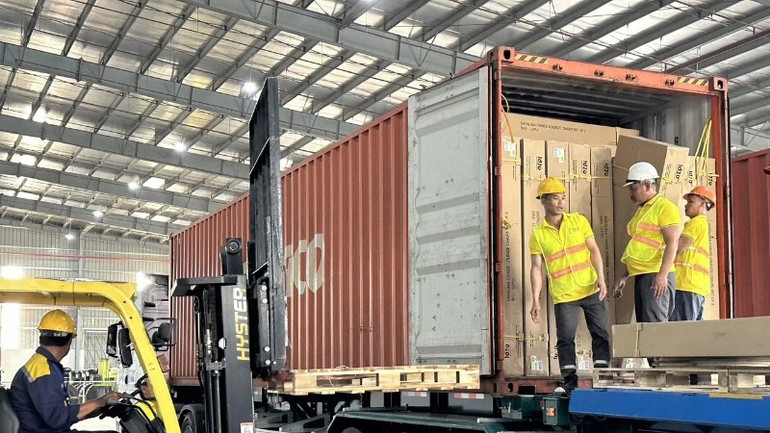
Along with that, the Draft Report emphasized that the private economy is “the most important driving force of the economy”. This is a strong and remarkable affirmation, because it reflects the maturity in the Party’s economic development thinking. If in the first decades of Doi Moi, the private sector was only considered a “supplement” to the state economy, now the private sector has become one of the central driving forces of growth.
In practice, this sector contributes about 50% of GDP, more than 30% of total budget revenue, and creates jobs for more than 80% of the country's workforce. Vietnamese corporations and private enterprises are increasingly asserting their position in the fields of processing, export, infrastructure, services and technology. Practices in recent years have also proven that the private economy is the most dynamic sector, capable of responding quickly to the market, effectively mobilizing social resources and promoting innovation.
However, for the private economy to truly become the “most important” driving force, many barriers need to be removed. Although the legal environment has been improved, there are still many complicated procedures, high compliance costs, and unfavorable mechanisms for accessing land and capital. Many small and medium-sized enterprises lack management and technological capacity and face difficulties in international competition.
Therefore, the State needs to continue to improve institutions, ensure equality between economic sectors; create conditions for private enterprises to access credit capital, innovate technology, develop markets; at the same time, build a mechanism to support large private enterprises capable of becoming "locomotives" in global value chains. A fair and transparent competitive environment will be "good land" for the private sector to develop, contributing to strengthening the internal strength of the economy.
Along with the above two sectors, the cooperative economy, collective economy and foreign-invested economy are also identified to play an important role in the national economic structure. Although accounting for a smaller proportion, the cooperative and collective sectors have profound social significance, especially in the agricultural and rural sectors. New-style cooperatives have contributed to reorganizing production, linking farmers along the value chain, increasing productivity, quality and income, thereby consolidating the rural economic foundation and promoting new rural construction. The foreign-invested economic sector has become one of the growth drivers, with more than 38,000 valid projects, total registered capital of more than 460 billion USD, contributing nearly 74% of export turnover.
However, to achieve higher efficiency, Vietnam needs to strongly shift from attracting FDI based on quantity to quality, prioritizing projects with high technology content, high added value, environmental friendliness and the ability to spread technology to domestic enterprises.
From an institutional perspective, this Draft Political Report also sends a clear message: economic sectors do not operate in isolation, but must coexist, support, and complement each other in a synchronous and transparent institution. That requires the State to continue perfecting the legal framework of the socialist-oriented market economy, develop synchronous markets (capital, labor, land, science and technology), improve national governance capacity, and strengthen accountability and enforcement discipline. When institutions are transparent, the rights and obligations of economic entities are guaranteed, and the business environment is transparent and fair, then economic sectors can fully promote their functions and roles.
In a broader view, the affirmation of the Draft Report not only has economic significance, but also has profound socio-political value. State economy, private economy, cooperative economy and FDI, each sector has its own mission but all aim at the common goal of "rich people, strong country, democracy, fairness, civilization". Harmonious development between sectors will help the economy balance between speed and sustainability, between growth and social equity, between independence and international integration. Moreover, the strength of the Vietnamese economy does not only come from each separate sector, but also from the interaction, coordination and harmony between sectors in a unified whole under the leadership of the Party. That is also the development philosophy that the 14th Congress aims for: a multi-sector, dynamic, creative economy, but connected within the framework of socialist institutions, ensuring rapid, effective and sustainable development.
When economic sectors are encouraged to fully promote their roles, institutions develop synchronously and transparently, when the rights and responsibilities of enterprises, cooperatives and workers are harmoniously guaranteed, the overall strength of the national economy will be raised to a new level. This is both an objective requirement of the law of development and a path to realizing the aspiration of Vietnam to develop rapidly and sustainably and become a powerful nation by the middle of the 21st century, and is also the goal that the 14th National Party Congress has identified as one of the strategic visions in the new era.
Source: https://nhandan.vn/nhan-thuc-moi-ve-vai-tro-cac-khu-vuc-kinh-te-trong-thoi-ky-phat-trien-moi-post924868.html





![[Photo] President Luong Cuong receives Speaker of the Korean National Assembly Woo Won Shik](/_next/image?url=https%3A%2F%2Fvphoto.vietnam.vn%2Fthumb%2F1200x675%2Fvietnam%2Fresource%2FIMAGE%2F2025%2F11%2F21%2F1763720046458_ndo_br_1-jpg.webp&w=3840&q=75)
![[Photo] Visit Hung Yen to admire the "wooden masterpiece" pagoda in the heart of the Northern Delta](/_next/image?url=https%3A%2F%2Fvphoto.vietnam.vn%2Fthumb%2F1200x675%2Fvietnam%2Fresource%2FIMAGE%2F2025%2F11%2F21%2F1763716446000_a1-bnd-8471-1769-jpg.webp&w=3840&q=75)
![[Photo] National Assembly Chairman Tran Thanh Man holds talks with President of the Senate of the Czech Republic Milos Vystrcil](/_next/image?url=https%3A%2F%2Fvphoto.vietnam.vn%2Fthumb%2F1200x675%2Fvietnam%2Fresource%2FIMAGE%2F2025%2F11%2F21%2F1763715853195_ndo_br_bnd-6440-jpg.webp&w=3840&q=75)
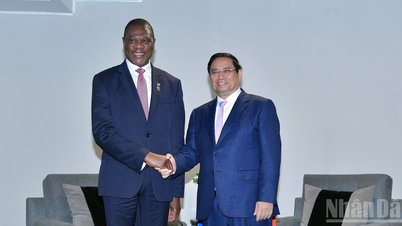
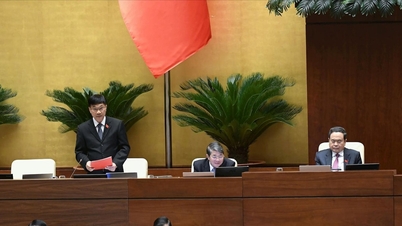

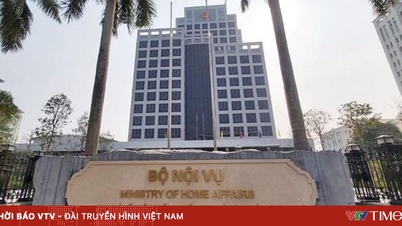

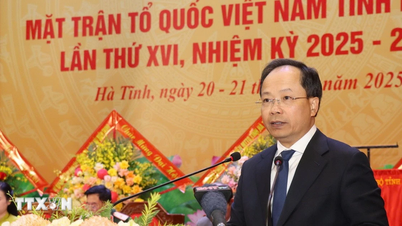

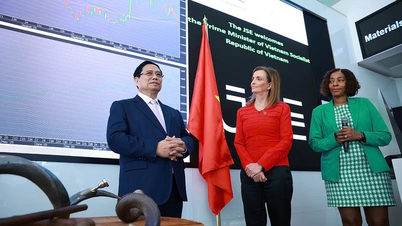
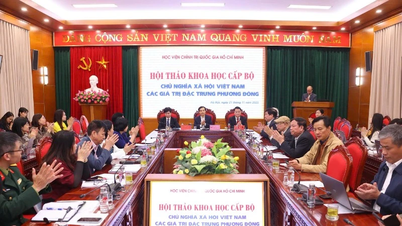




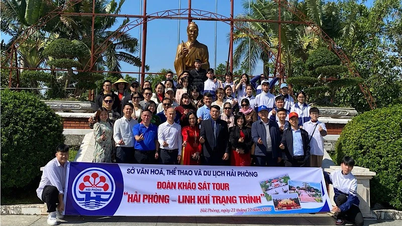

![[Photo] President Luong Cuong receives Speaker of the Korean National Assembly Woo Won Shik](https://vphoto.vietnam.vn/thumb/402x226/vietnam/resource/IMAGE/2025/11/21/1763720046458_ndo_br_1-jpg.webp)
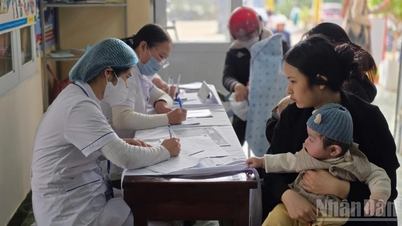

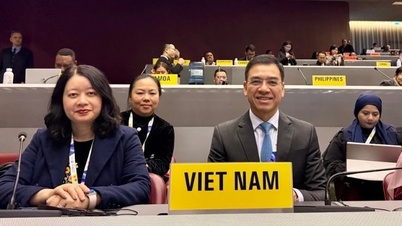

















































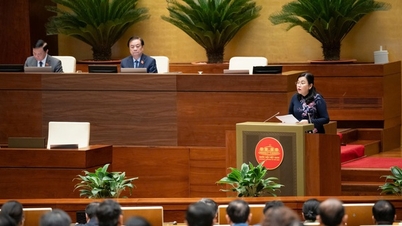


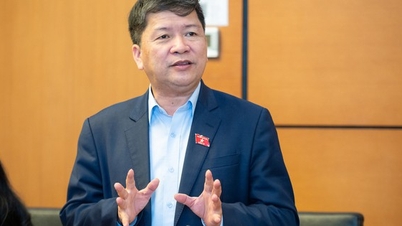

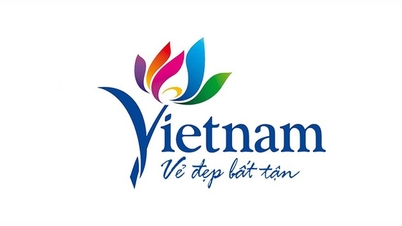


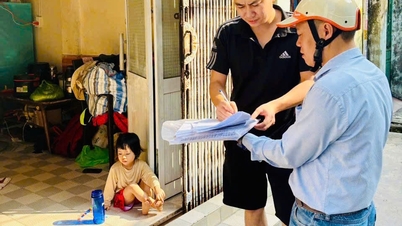

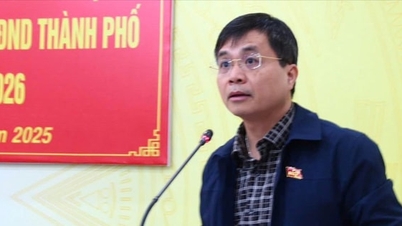

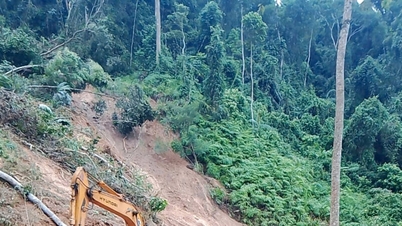

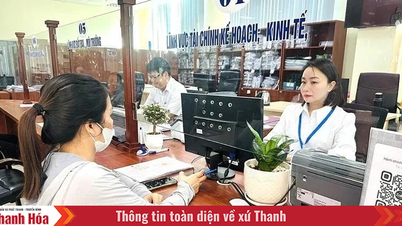

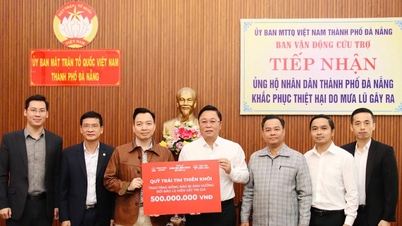













Comment (0)